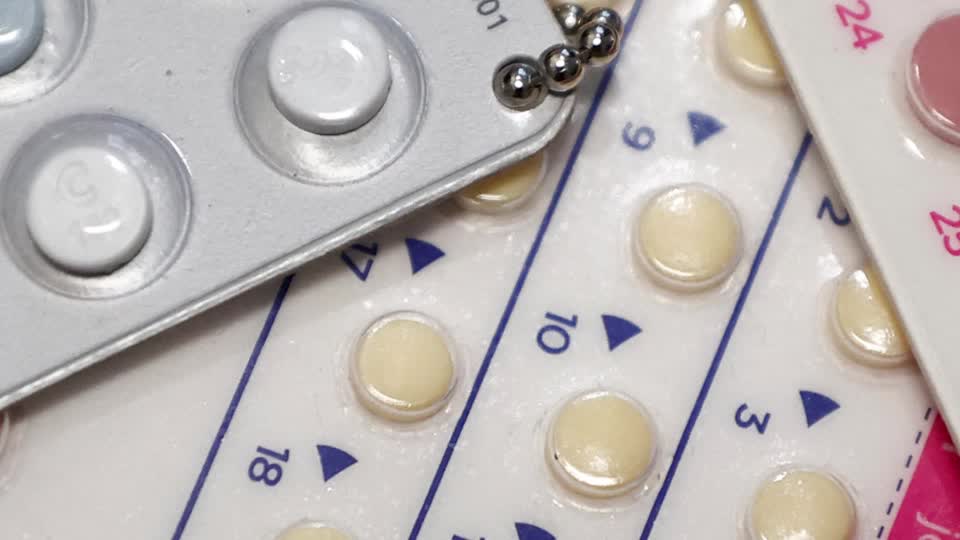
Lauren Dempsey, MS in Biomedicine and Law, RN, FISM News
[elfsight_social_share_buttons id=”1″]
Perrigo Company, an American-Irish pharmaceutical company has submitted an application to the FDA to approve an over the counter (OTC) birth control pill in the United States, which would be the first approval of its kind.
The application, which Perrigo Company submitted this week, was reportedly unrelated to the recent decision by the Supreme Court to overturn Roe v. Wade according to Frédérique Welgryn, HRA Pharma’s (a unit under Perrigo Company) chief strategic operations and innovation officer.
“The timing is a bit coincidental. We have been working on that application for the last seven years,” Welgryn said. “For a product that has been available for the last 50 years, that has been used safely by millions of women, we thought it was time to make it more available.”
Despite its unrelated timing, an approval of the drug would directly impact women’s reproductive health and safety.
The FDA originally approved Opill (norgestrel) in 1973 and it can currently only be obtained with a prescription. The progestin-only oral contraception works to prevent conception by suppressing ovulation, thickening cervical mucus, lowering the mid-cycle luteinizing hormone and follicle-stimulating hormone peaks, slowing the movement of the ovum (egg) through the fallopian tubes, and altering the endometrium.
While some see this as a step towards allowing women to control their reproductive rights, some experts argue that while this may prevent pregnancy, there could also be some unintended consequences.
Making birth control pills available over the counter would likely increase the cost of the medication. Some experts also believe that taking birth control without medical supervision could cause women to put themselves at risk. Contraindications such as smoking, some chronic disease, and age are just a few risk factors that could contribute to an adverse reaction. Hormonal birth control side effects include an increased risk for stroke, hair loss, high blood pressure, weight gain, pulmonary embolisms, anaphylaxis, and ectopic pregnancy. It has also shown that it can deplete the body of important nutrients.
The timing of this OTC approval application comes as abortion-rights activists are seeking to make abortion pills more readily available in light of the Supreme Court’s recent ruling that overturned Roe v. Wade.
Currently, the only contraception medications that are available OTC are emergency pills that can be taken within three to five days after having unprotected sex. These pills, like Plan B, work by preventing ovulation, preventing fertilization of an egg, or preventing implantation of a fertilized egg.
Emergency contraception should not be confused with a chemical abortion which can be induced by taking specific medications. According to Planned Parenthood, mifepristone and misoprostol are prescribed by a physician and are taken within 48 hours of each other. These medications can be given up to 10 weeks into a pregnancy and many abortion activists are demanding that these are also made available OTC.
Medications used during a chemical abortion block progesterone, which causes fetal death and comes with its own side effects such as allergic reaction, hemorrhaging, anemia, hypotension, fever, vomiting, and maternal death. There have been 24 deaths reported that were associated with women who have taken these medications. The question raised is, “How many more would there be if these medications were available OTC and without medical intervention?”
Chemical abortions have also been known to cause incomplete abortions, resulting in systemic infection which later requires surgical intervention.
